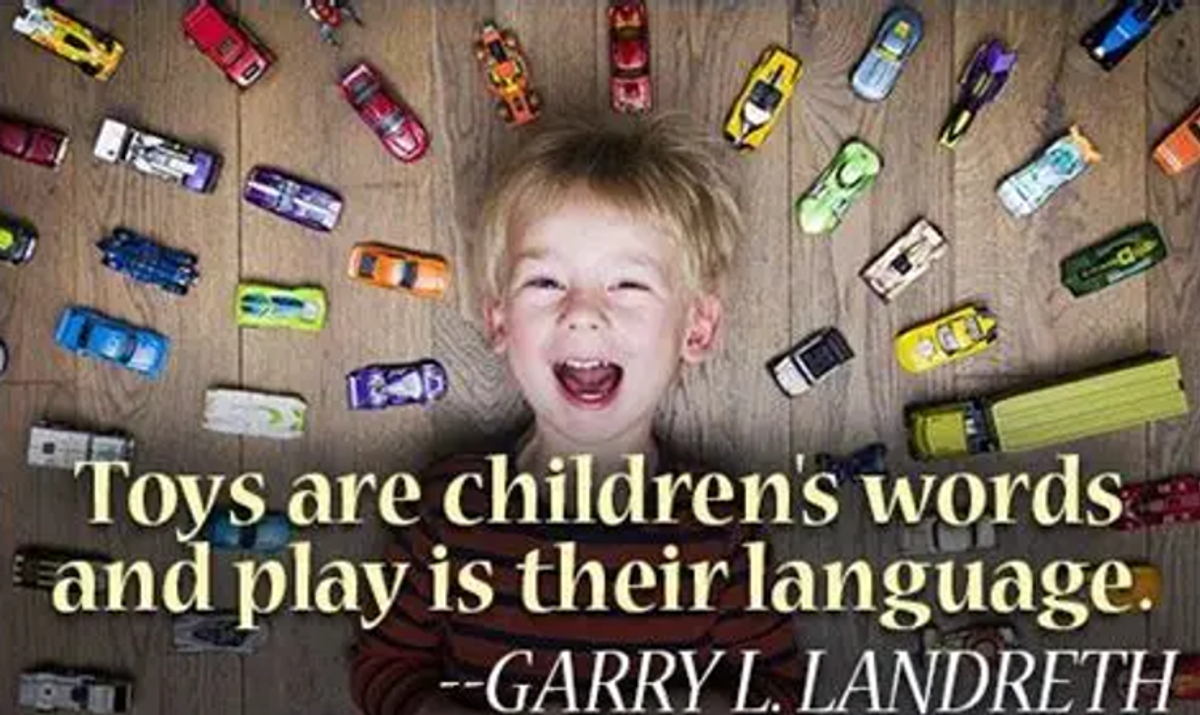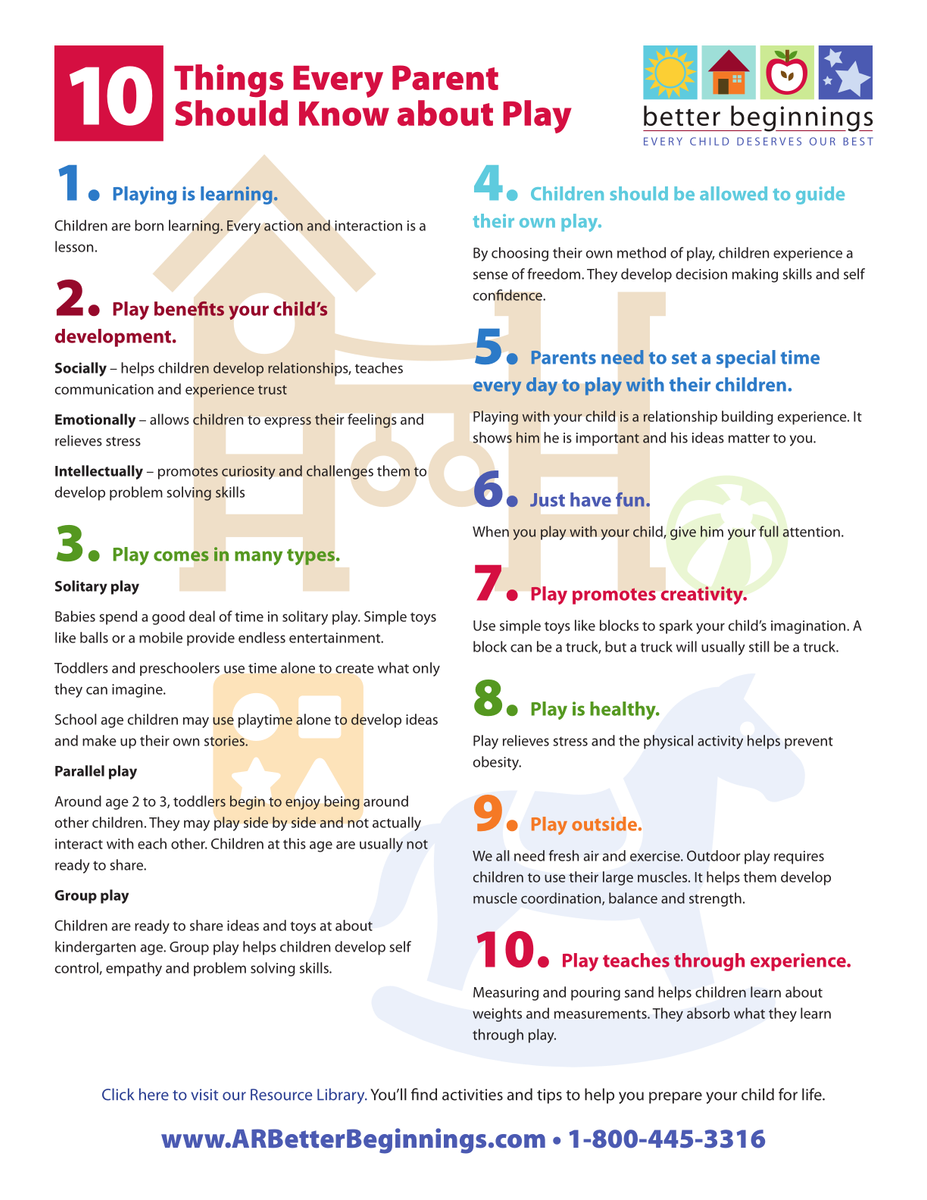Counsellors Corner
Leanne Miller

Counsellors Corner
Leanne Miller
Adolescent years are a time of intense change. Brains are remodelling, hormones are surging, & identities are forming. We expect ups & downs. But if our once-chatty teen suddenly goes quiet & is unwilling to come out of their room, we worry. If our once easy-going tween is erupting in screaming fits & fights that just aren't their usual style, we worry. There are a whole range of uncomfortable & inconvenient moods & behaviours that are developmentally normal in adolescents.


We know they're on track if they:
It's also typical for them to have:
How can you help?
E.g. "I noticed you seem quiet lately. Want to talk, or not? Both are ok, I just want to let you know I'm here".
Leanne Miller
College Counsellor
Some Basic Tenets of Play


Why play? Play allows the child to express feelings and attitudes freely & honestly about self, others and events.
You Turn (what is coming up for you when they are in their big feelings?)
These principles apply to older children as well as those who are young.






Leanne Miller
College Counsellor